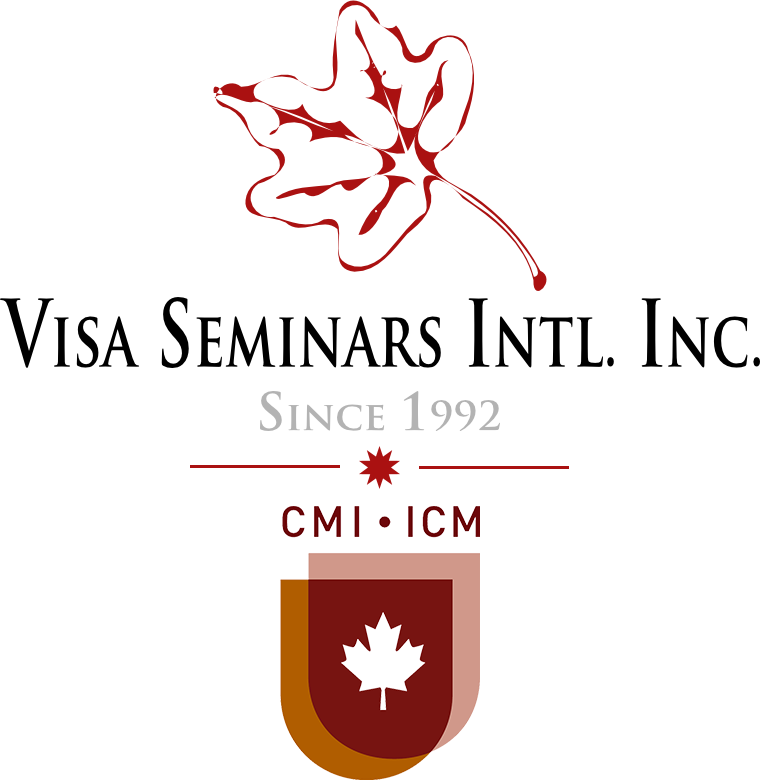New rules and fees appear to be raising barriers to becoming Canadian, with rates dropping from 79% to 26% between 2000 and 2008 newcomers.
Written By: Nicholas Keung on Mar 24 2015
Original Source is available at: http://www.thestar.com/news/immigration/2015/03/24/canada-faces-dramatic-drop-in-citizenship-prompting-concerns-about-disengaged-immigrants.html
The percentage of immigrants who become citizens has been dropping dramatically in recent years — from 79 per cent to 26 per cent among people who arrived between 2000 and 2008.
Sounding the alarm is former citizenship director-general Andrew Griffith, who suggests that recent reforms which raised barriers to becoming a citizen could lead to immigrants’ widespread disengagement from Canadian public life and identity.
His analysis — part of his study being presented at a conference this week — of the impact of the Conservatives’ reforms also suggests that the new version of the citizenship test has adversely affected applicants from visible minorities more than those with European roots.
“In the past, citizenship was viewed as a stepping stone to immigrant integration, and it should be done earlier on,” said Griffith, who will present Multiculturalism in Canadaat a three-day national immigration and settlement conference in Vancouver that starts Thursday.
“These changes have made it harder and prohibitive for some to acquire citizenship, turning Canada into a country where an increasing percentage of immigrants are likely to remain non-citizens, without the ability to engage in the Canadian political process.”
Based on latest government data, Griffith found that the ratio of permanent residents who eventually become citizens has been in decline since 2000, and has dropped most rapidly in recent years.
Only 26 per cent of permanent residents who settled in Canada in 2008 have acquired Canadian citizenship, compared with 44 per cent for the wave of immigrants settling in 2007, and 79 per cent of those who arrived in 2000.
Griffith said the government data used in his analysis was selected to reflect the fact that it takes immigrants an average six years to acquire Canadian citizenship. The 2008 cohort best indicates the early impact of reforms implemented by the Conservative government.
The permanent-resident-to-citizen conversion rate does generally rise the longer immigrants have been in Canada. But an 18 per cent decrease between the 2008 and 2007 cohorts is alarming, Griffith said.

Citizenship and Immigration Canada spokesperson Johanne Nadeau said Canada has one of the highest naturalization rates in the world, “as 86 per cent of eligible permanent residents for Canadian citizenship decide to acquire it.”
She suggested the Griffith is misinterpreting the data because “he is not taking into account those (permanent residents) who are not yet eligible to become citizens because they haven’t met all of the requirements needed to begin the citizenship process.”
Citizens are protected by the Charter of Rights and Freedoms, can vote in elections and are entitled to Canadian passports. Permanent residents do not have the privileges of voting and having Canadian passports and are also vulnerable to revocation of their status and removals from Canada.
“I understand the rationale behind these government changes,” said Griffith, who worked for the government as the reforms were developed and rolled out, and retired in 2013.
“But I’m on the side of inclusion rather than exclusion. We need to make sure those who apply for citizenship take it seriously, but we don’t want to inadvertently create excessive barriers and shift the relationship of some of the communities with the country.”
Since 2010, reforms have included a new citizenship test and institution of a higher score needed to pass it: 75 per cent (or 15 out of 20 multiple choice questions) from 60 per cent. The test measures applicants’ knowledge of Canadian history, culture and values.
Griffith also studied the passing rates of various communities three years before and after the new citizenship test came into place.
Immigrants from the Caribbean saw their pass rate go down by almost 20 per cent, while those from the South Asian, Southern and East African communities all experienced a decline of more than 15 per cent.
CIC’s Nadeau said the test is the same for all applicants, and the overall pass rate has averaged 85 per cent. “This indicates that the test is neither too easy nor too difficult, and that new Canadians have a comprehensive understanding of Canada’s history, identity and values.”
Griffith said education and income levels have traditionally been the main factors in determining the prevalence of citizenship in various communities, but today the government has added an extra hurdle for disadvantaged applicants by hiking application fees.
Last year, Ottawa twice raised the citizenship processing fee: from $100 per adult, to $300 in February and $530 in December. Successful candidates must also pay another $100 “Right of Citizenship” fee to actually become citizens.
With Ottawa’s anti-fraud immigration agenda, some of the most controversial changes— requiring citizenship applicants to be present in Canada for four years out of six (rather than three years out of four), and raising the age of exemption from language and citizenship tests to 65, from 55 — won’t come into force until June.
“When you make it more difficult for some communities to become citizens, you are going to create issues with their engagement, attachment and identity of Canada,” said Griffith.

